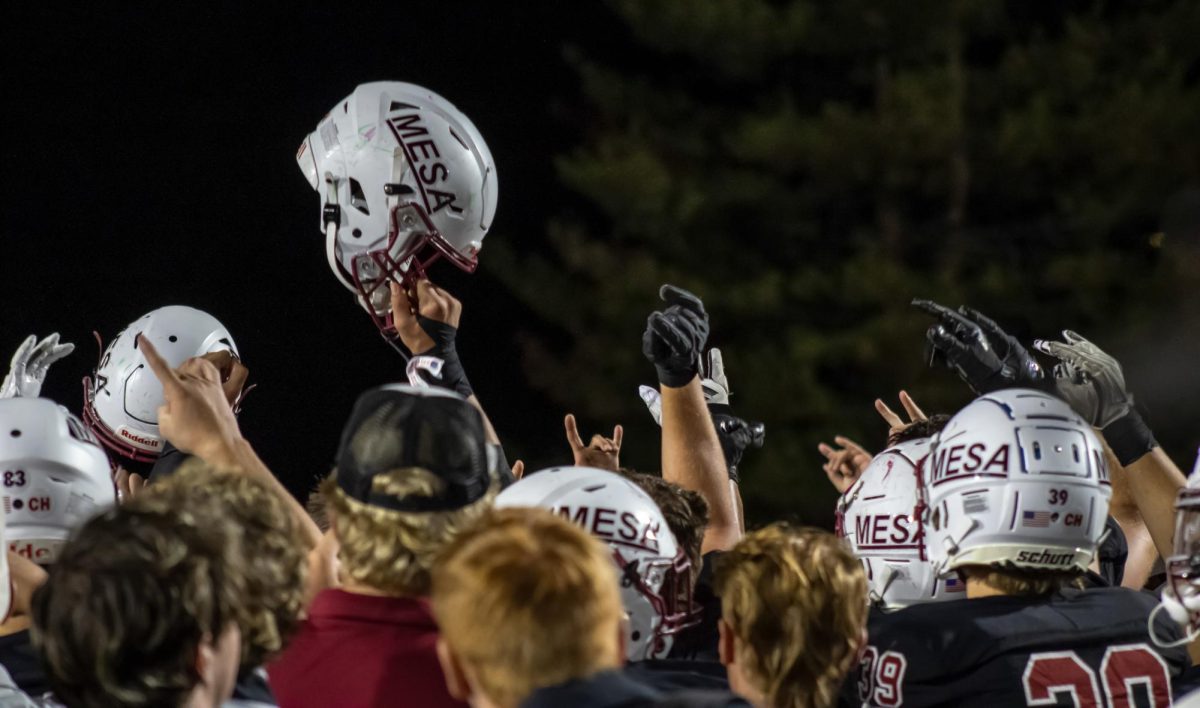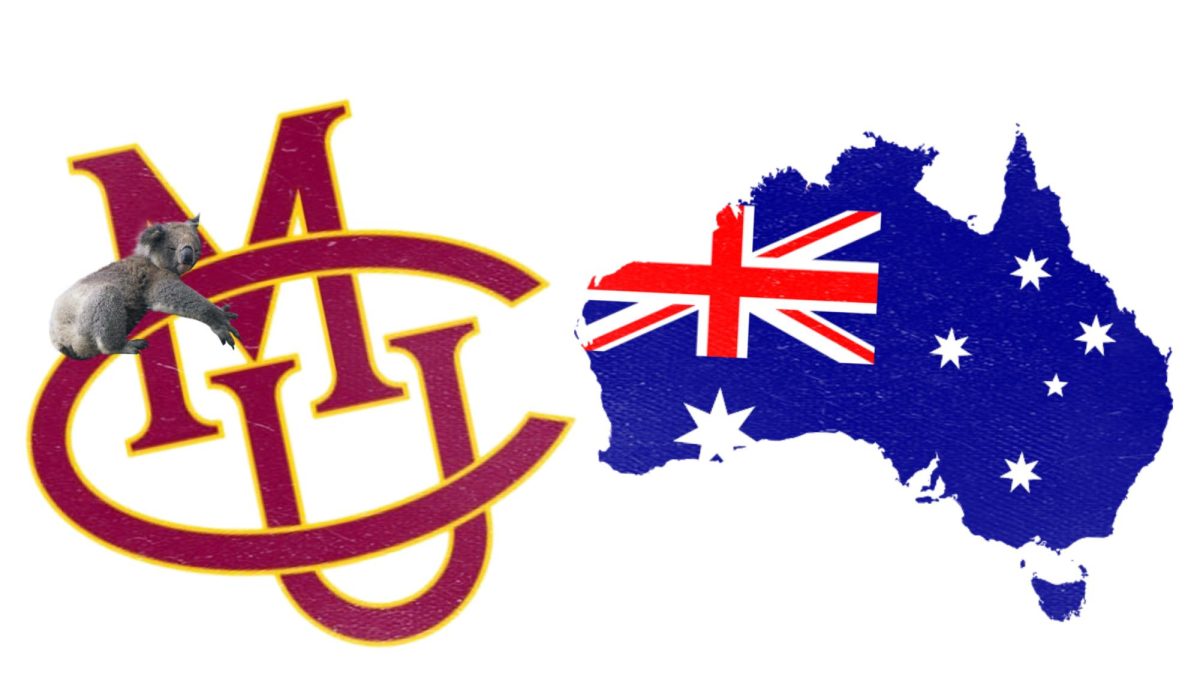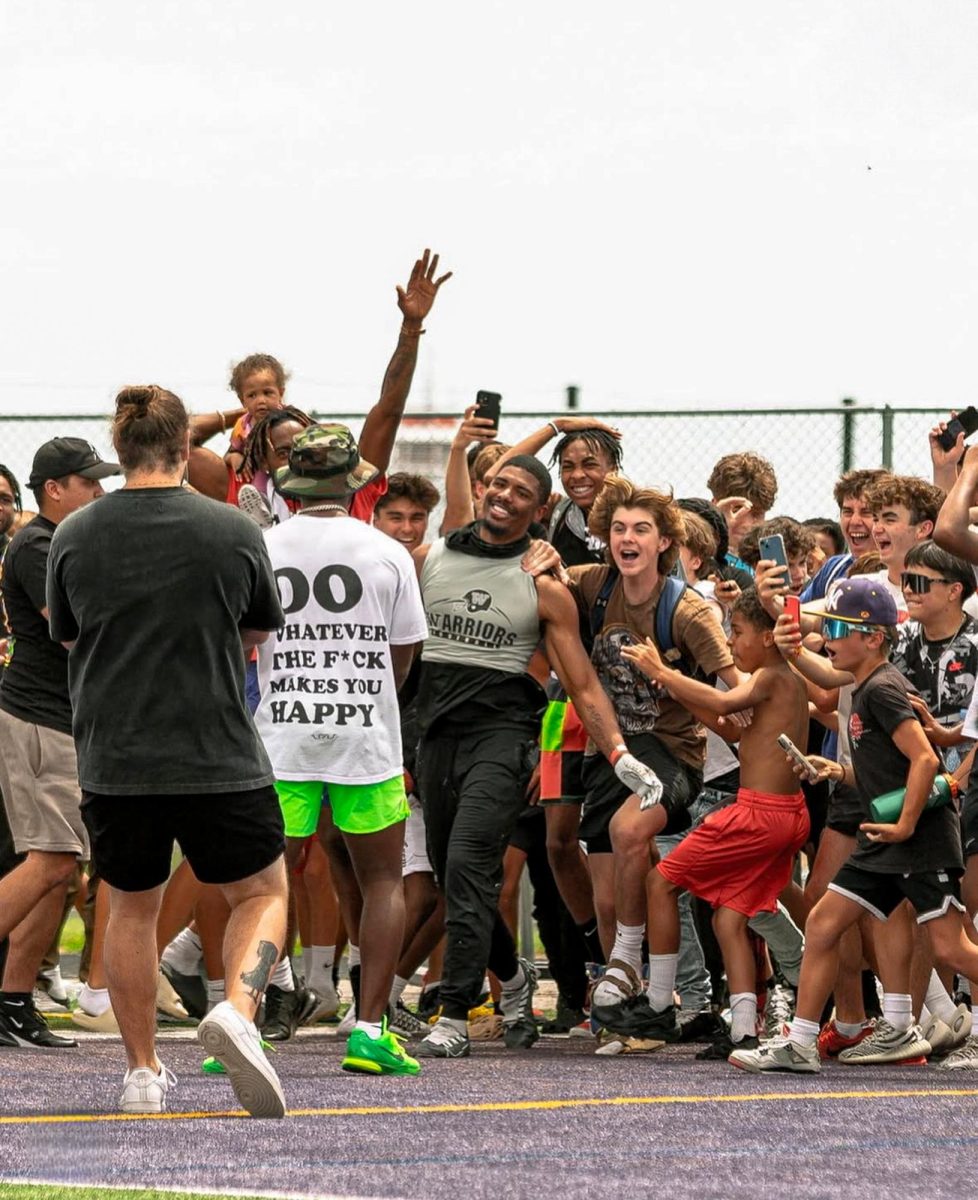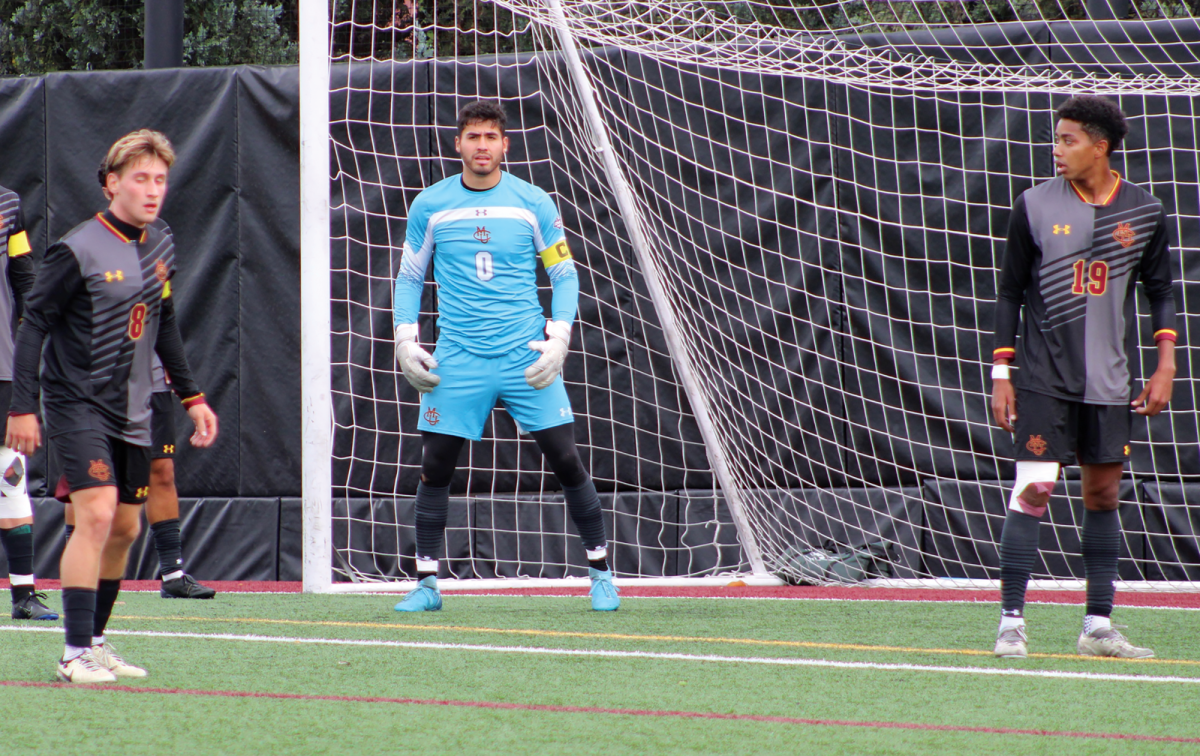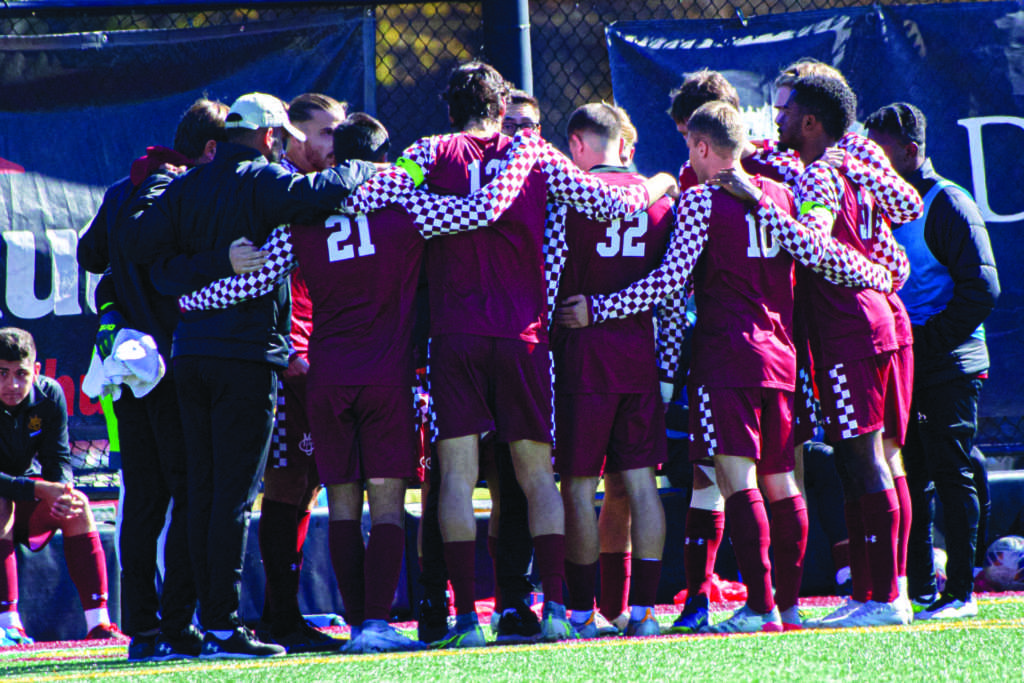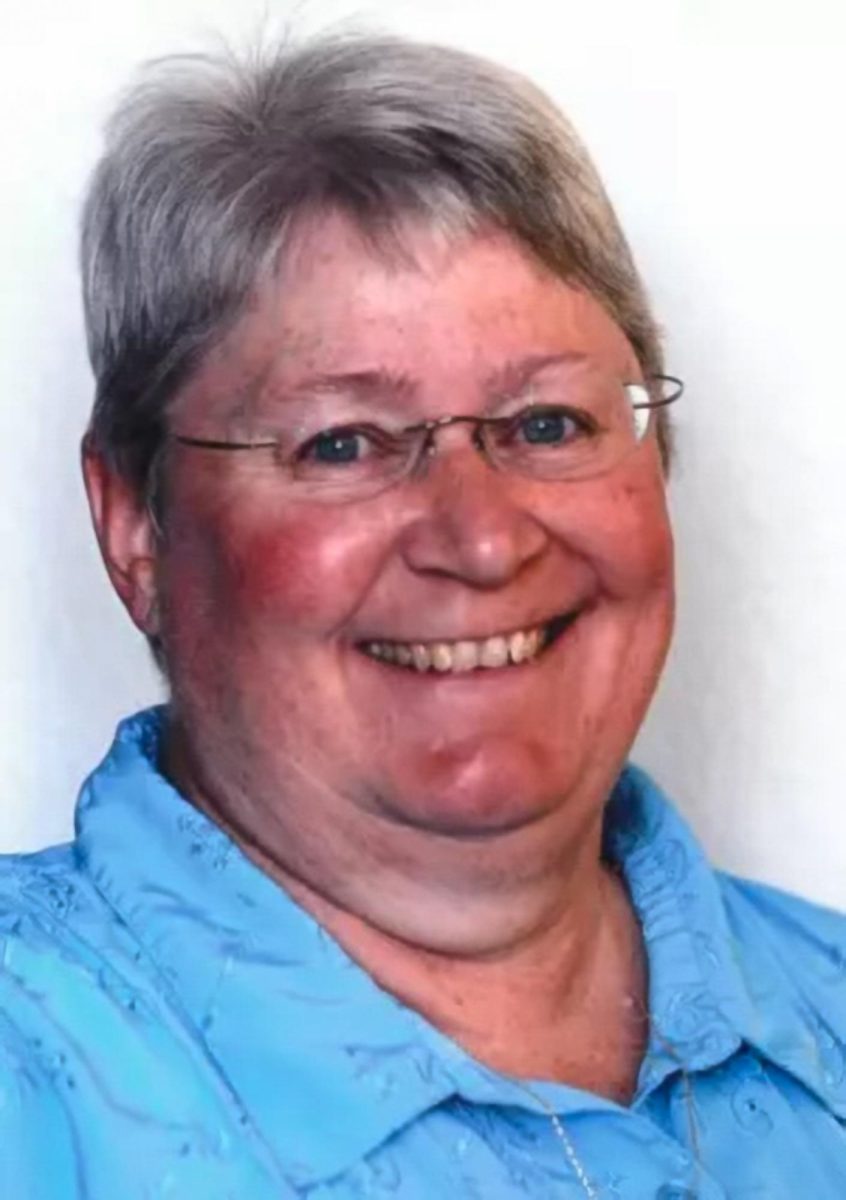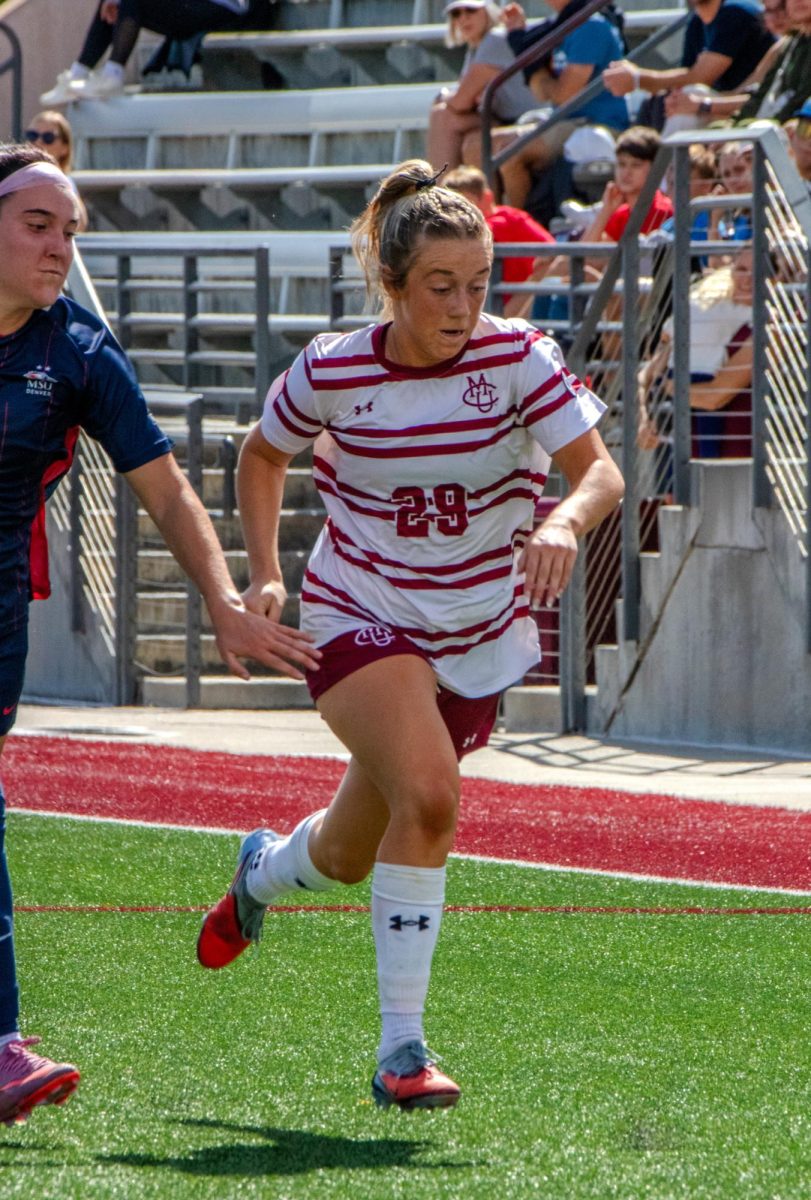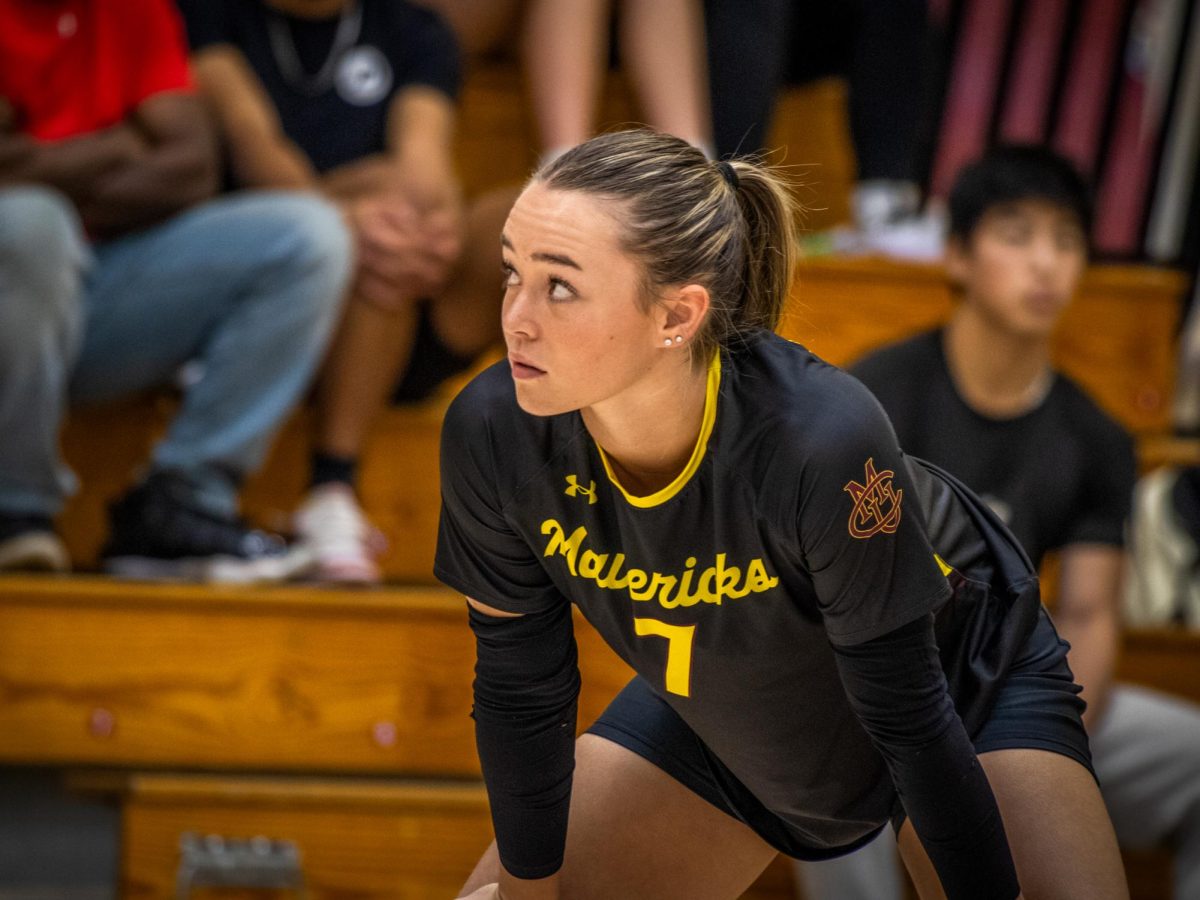The Criterion highlights the history of a specific Colorado Mesa University (CMU) sport to paint how that program got to where they are today each summer.
Established in just 2007, the men’s soccer team boasts a 170-98-38 record, which is a .618 winning percentage and one of the winningest marks in the Rocky Mountain Athletic Conference (RMAC). CMU has three regular-season RMAC Championships and three more postseason tournament championships and has developed seven All-Americans and 30 All-Region athletes.
Josh Pittman was hired on as the team’s first head coach in 2007 and was tasked with building the program up from scratch. The Mavericks went 7-6-4 (fifth in the RMAC) while three players were rewarded with All-RMAC honors.
CMU continued to be a competitive team the next season, going 10-10 and finished around the middle of the pack with a sixth-place conference place.
The team would struggle in 2009 with a 2-15-2 record, which stands as the worst mark in program history. Not all was woe, however, as defender Jake Jobe and goalkeeper Josh Tinaglia accrued their third straight All-RMAC designations during that arduous season. This pattern of great defense and goalkeeping is mirrored in almost every iteration of Mavericks.
After a disappointing season and with his job potentially on the “hot seat,” Pittman crafted together his best year to that point, going 10-7-2 the next season.
It was a record-breaking year as CMU enjoyed their first-ever season with at least 10 wins and a winning record, while a record number of Mavericks were honored after the year. Five players were named All-RMAC (including current Director of Club Sports Reese Keegans), and Jobe became the first player in program history to receive an All-Region designation.
The good times did not last, however, and the Mavericks dropped to 5-12-1 and placed seventh in the RMAC in 2011. Defender Bashiru Ali earned the team’s second-ever All-Region honors, while three other players received conference honors.
CMU bounced back to an 8-7-4 record in 2012, which marked their third winning season over their first five years.
However, CMU had an identity crisis as a program going into 2013. Would the Mavericks once more disappoint and continue their pattern of up-and-down seasons? Or would they finally break the cycle and cement themselves as real RMAC contenders?
The answer was a resounding yes to the latter. The Mavericks recorded the most wins in program history, finishing 12-5-4 and second in the conference (the highest standing prior was a fifth-place finish). Midfielder Marco Escobar, defender Blake Carlson and goalkeeper Micah Conrads were awarded with All-Region honors.
The team won its first-ever RMAC Postseason Championship that year, after going on a 2-0-1 run during the tournament. CMU was not invited to the NCAA National Tournament, but the best was still yet to come, if not without some hiccups.
Surprisingly, Pittman resigned as head coach after posting his best season the year prior. Pittman held the coaching reins for seven seasons with a 43-51-11 record and developed 29 All-RMAC players and five All-Region nominees.
Undeterred, the Mavericks and new head coach Todd Padgett made history in 2014. CMU went 18-4-1 and brought home their first-ever regular season RMAC Championship, after dropping just 1 conference game. They did drop their first game of the conference postseason tournament but were still invited to their first-ever national tournament shortly after.

CMU stormed out of the gates and won their first three games to advance to the National Semifinals, where they would match up with No. 1 ranked and undefeated Charleston. The Mavericks’ Cinderella end finally came to an end, however, when they narrowly lost 2-0 to the eventual national runner-ups.
Four players from that 2014 squad were All-Region selections while defender Blake Carlson became the program’s first All-American and RMAC Defensive Player of the Year (DPOY). This was easily the single most successful men’s soccer campaign in program history.
Padgett continued to coach the Mavericks during their Golden Era. From 2015 to 2018, CMU recorded at least 13 wins and qualified for the national tournament in each season. The team also won its second regular and postseason RMAC Championship in 2016.
Forwards Roy Abergil and Moshe Perez and defender Slater Elkind made the All-American team three times during these four seasons. In fact, Abergil was also the RMAC Player of the Year in 2016 while Elkind was the RMAC DPOY in 2017.
Despite all the winnings, however, the Mavericks were never able to fully recapture their postseason success as they had during their magical 2014 run. CMU went 1-4 in national tournament games during these four years.
Padgett resigned as head coach in 2019 to oversee both the men’s and women’s soccer programs as Director of Soccer Operations. Padgett’s recorded an impressive 75-19-14 career record (.759%), which is the winningest tenure in program history. His Maverick teams boasted 22 All-RMAC players, 15 All-Region athletes and five All-Americans.
He was replaced by Andrew Conniff in 2019 before the school landed on current head coach Jon Fridal in 2020. Fridal’s iteration of the Mavericks won an RMAC Championship during the 2020 season and a postseason tournament championship in 2021.
CMU again qualified for the national tournament in 2021 after going 16-4-2 and beating conference rival Colorado School of Mines 0-0 via penalty kicks before falling in the next round. However, the team would drop to 9-7-1 during an uncharacteristically tough 2022 season.
In total, Fridal has already overseen three winning seasons, multiple RMAC Championships, a national tournament appearance, two All-Americans, five All-Regional players, two RMAC Defensive Player of the Year awards (defender Ethan Anderson in 2020 and 2021) and two RMAC best goalkeepers (Brendan Brown in 2020 and Connor Durant in 2021). Fridal was the RMAC Coach of the Year in 2020 and looks to continue the program’s winning tradition in 2023.







